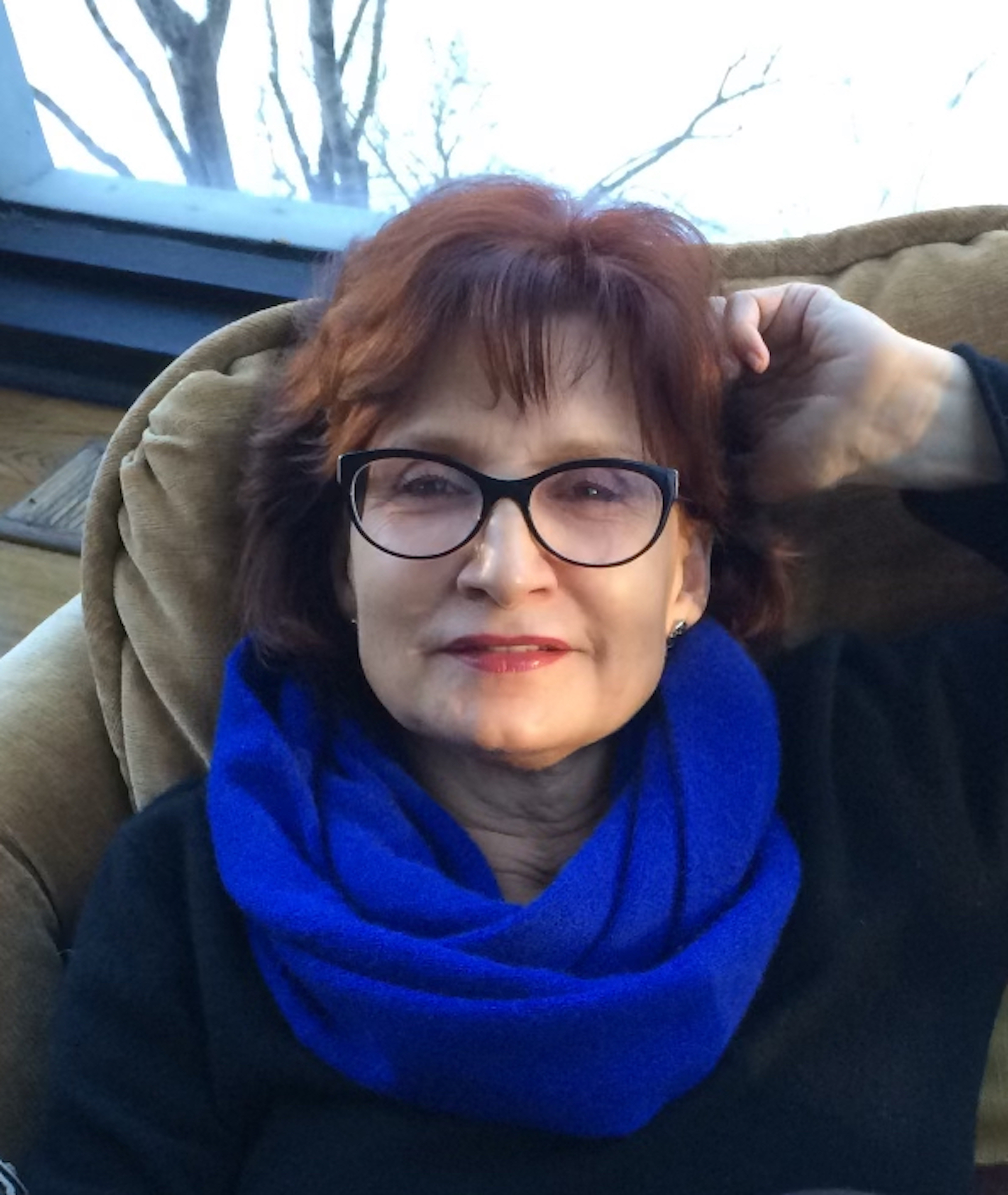
Rita Rivest’s life was about rescuing people, beginning with herself. Before the term was ever coined, Rita was a coach. Actually, she was something closer to a life-support whisperer, a deep listener with a big laugh. Whatever she did, she was all in.
Having fallen hard for Santa Barbara some 20-plus years ago, she set up housekeeping in the hills about Montecito. Even after her Toro Canyon home and all she owned burned to the ground, she didn’t leave. She moved next door.
If she approached you — after a cautious appraisal — she was on a mission. Usually, there were a few pointed questions, Rita listening with every fiber of her 110 pounds. “I know you,” she would say. “I get who you are!”
And she did.
Rita was particularly skilled at helping women — many of whom had scaled the summits of their professions but who were crumbling within. “I will always think of her leading an army of strong, smart, successful women,” said her friend Luis Mora, who first met Rita in Milwaukee in the early 1980s when she ran a popular exercise studio called Stretch.
Not long after, Rita headed to Manhattan, where she built up a successful private practice while working in publicity. “When I met her, she more or less ran Susan Blond’s PR business,” recalled a friend, music manager and producer Fred Heller, who noted it was a place where one would meet the A-list of the music business.
Rita segued into working with private clients as a personal trainer — mostly women — then she started a downtown center on Grand Street devoted to issues of women and aging.
In the late ’90s, Rita established the Ojai retreat Sage Hill — a Magic Mountain mecca of sorts for physical and spiritual health. “You don’t waste time with Rita,” wrote the playwright/journalist Jonathan Reynolds, “and she will demand much of you.” Sometimes that meant trips to New York to run up the 86 flights (1,576 steps) of the Empire State Building.
In her off hours, Rita huddled exhaustively with scores of addicts and alcoholics whom she met in recovery rooms throughout the U.S. Friends, clients, and addicts confided all to Rita, knowing her to be a tomb of discretion.
Many got to know parts of Rita — but few, if any, knew the whole Rita. She was forthcoming, even fearless, speaking about her phoenix-like survival from a searing, abusive childhood, and her recovery — but not the specifics of her life. The full arc of her life story was a mystery.
“She was secretive in a way,” said her close friend of many years, publisher Joni Evans. “She siloed parts of her life to different people.”
That said, a little Rita went a long way.
A passport tells us that Rita Camille Rivest was born in the logging town of Mission in British Columbia. Her family was French-Canadian with indigenous ancestry.
Alcoholism and abuse raged through the generations. In her adolescence, Rita’s mother dispatched her to a foster home, where she dreamed and schemed of escape. At 15, she took off with a boyfriend. She never looked back.
She beelined to the big cities — Toronto and a long stint in Montreal — before settling in the States. A striking-looking, athletic woman, she was a quick learner of unusual discipline and grit. Having shut the door on her family of origin, she set about creating a new family.
There was plenty of travel, partying, and her own boozy trips to Mexico. By 1980, she hit her own bottom and found her way to an iconic recovery clubhouse in Chicago, where she met the woman she called her “adopted mother.” She never drank again and declined pain medication even during a painful struggle with cancer in her last year.
Sober and sane, Rita threw herself into recovery and wellness with the same zeal that fueled her teenage escape. “Rita saved lives,” said her friend Claudia Albetta. “She was a wounded empath who became a spiritual warrior.” Suffused within her resurrected self was a raw vulnerability that beckoned to other grieving souls.
She found a career mentor in Deborah Szekely, a k a “the Godmother of Wellness,” who had founded the Baja retreat Rancho La Puerta in the ’50s and later the posh Golden Door. Szekely hired Rita to create her exercise programs, launching her as the go-to personal trainer/lifestyle coach for celebrities and go-getters in New York and California.
Several of Rita’s friends recall a long early relationship to an older Israeli businessman. She raised his sons, and he helped fund her early ventures. In the late ’80s, she was briefly married to musician/composer Elliott Murphy.
In 1991, she formally converted to Judaism, said Heller, likely stemming from her many friends and beaus who were Jewish. She attended services at New York’s Park Avenue Synagogue, where she had studied for conversion. “We went together on the High Holidays and she always came to Seders at our place in Westchester,” said Heller.
Later in life, she would slip into Buddhism and loved visiting the Vedanta Temple down the road from her last home, an immaculately appointed redoubt in the hills of Montecito.
Her appetites were robust — for hiking, the natural world, friendship, and romance. She was a guy-magnet with no shortage of suitors. “She loved men!” said a close friend.
“In a sense, she was always that girl who got out of B.C.,” said Mora. “Ultimately, she did it all herself.” She was entirely self-created.
Early on, Rita had made the discovery that by loving others, she could feel love herself. “What she cared was about helping people,” said her friend Arno Jaffe. “She loved life.”
She loved it all.
